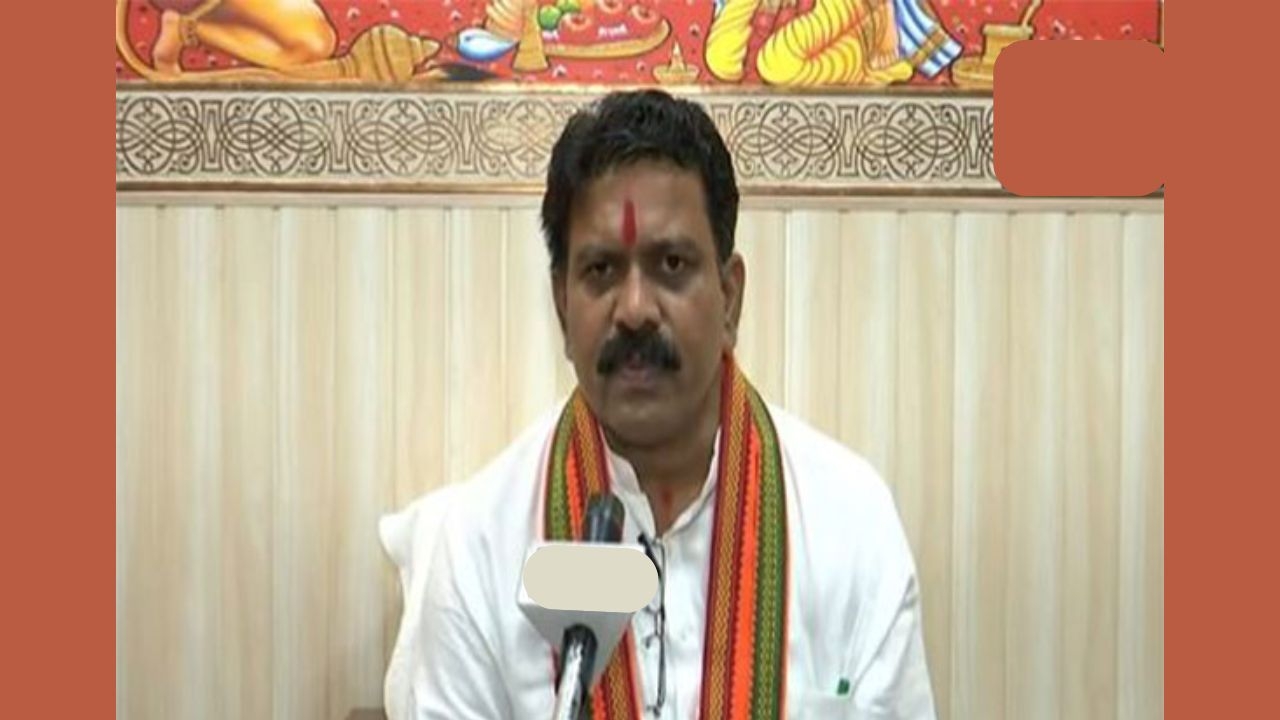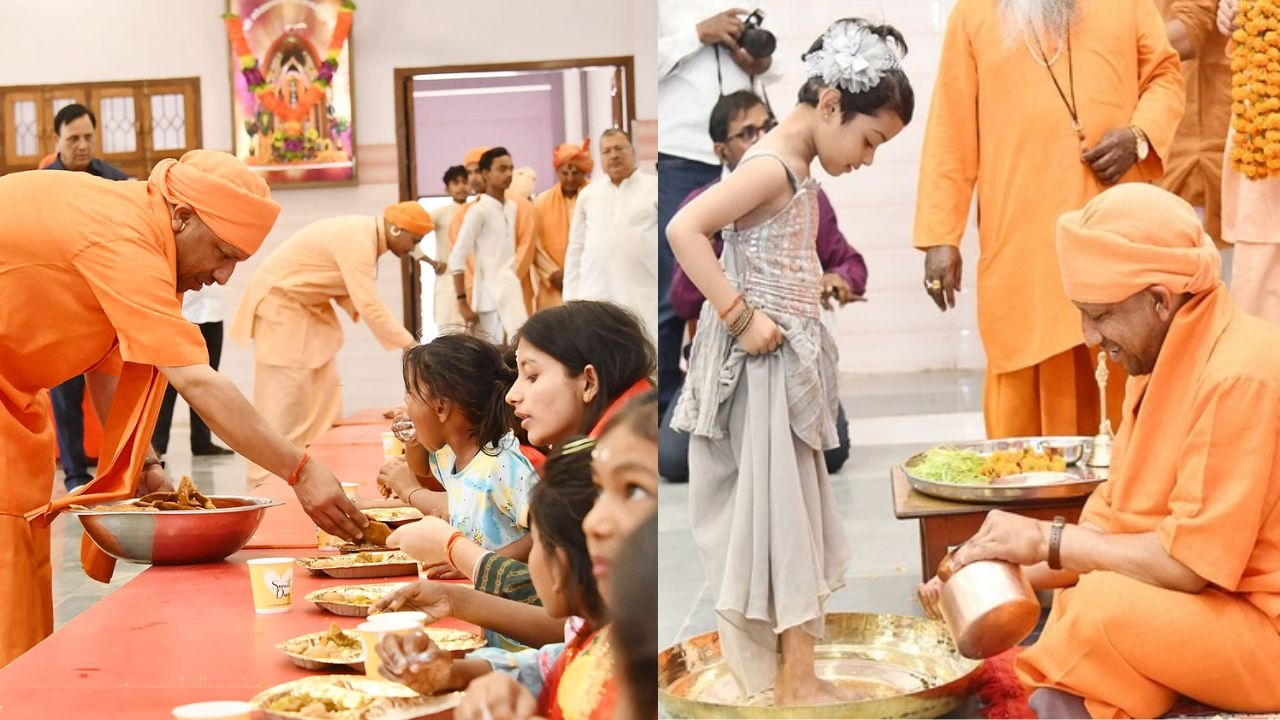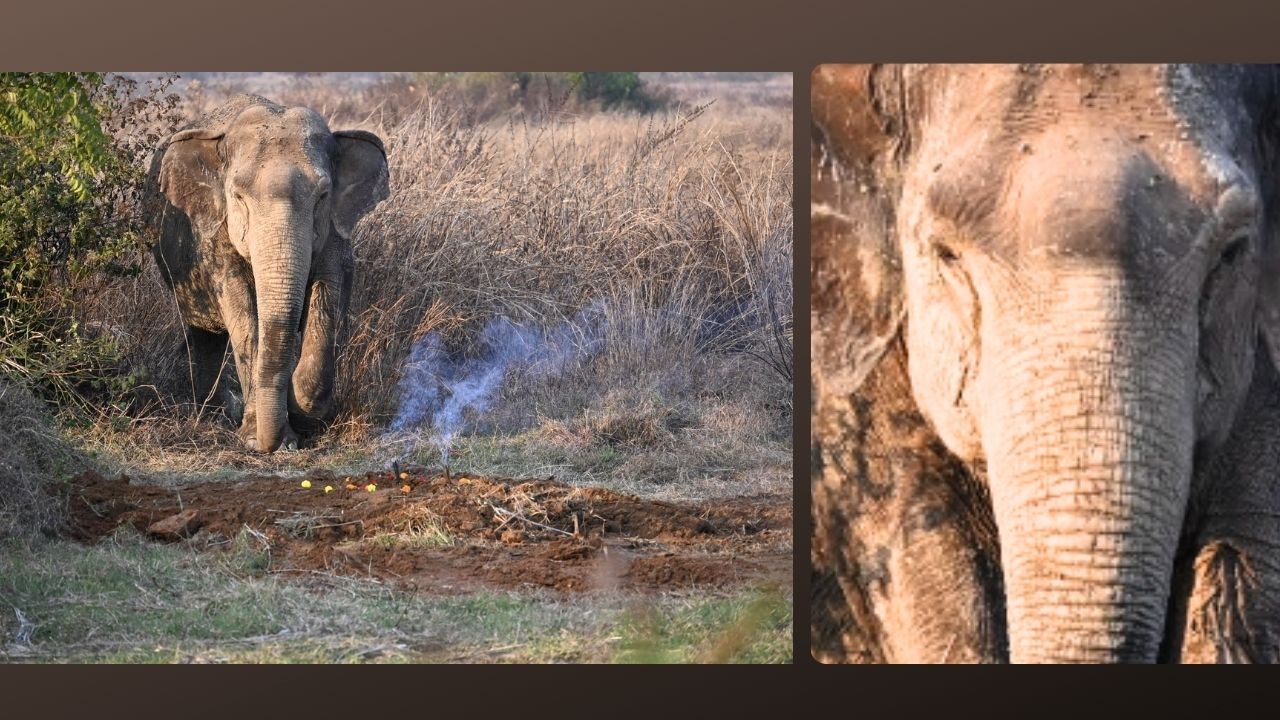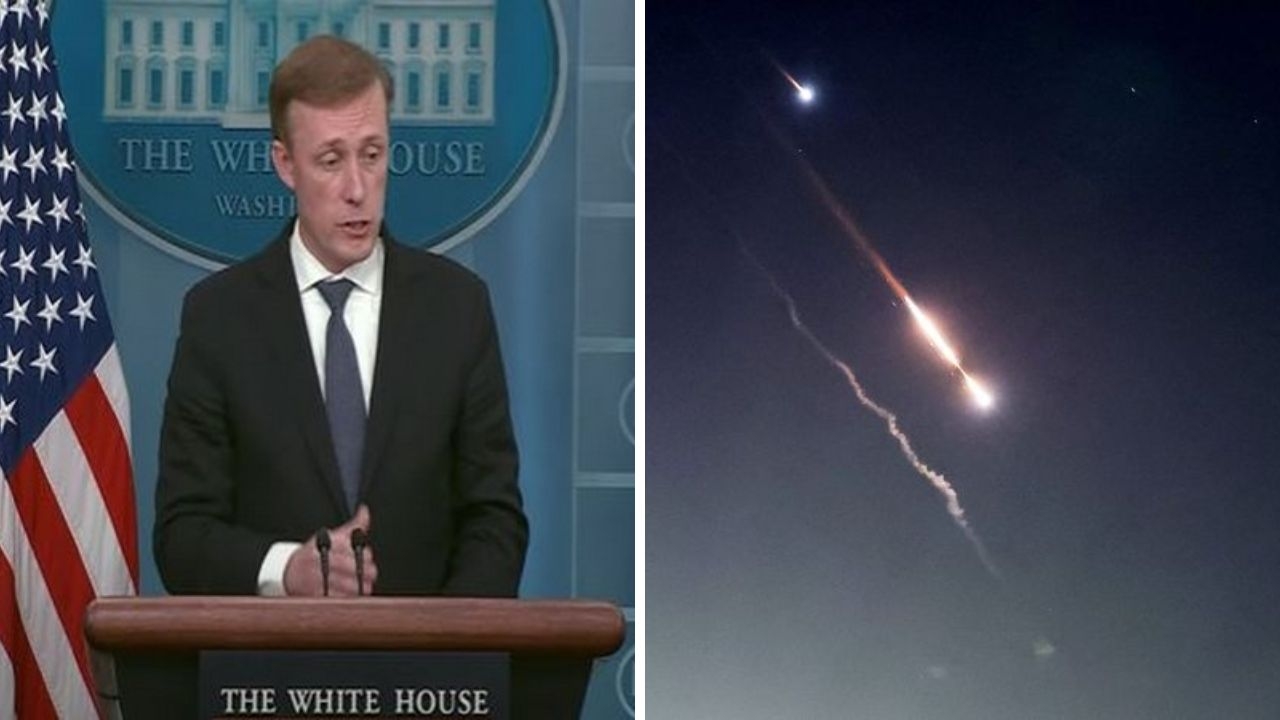Bhopal's SIMI activists might have survived if they were not Muslims: Former IPS officer VN Rai
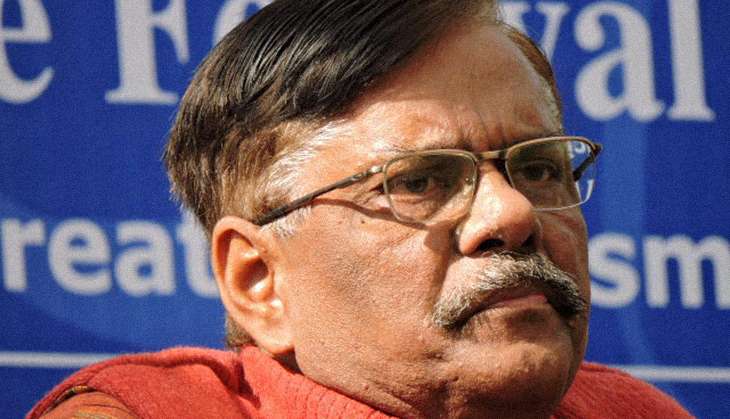
Known for calling spade a spade, writer and former Indian Police Service (IPS) officer Vibhuti Narain Rai has said that he sees no hope for justice to the victims of the recent Bhopal encounter of eight SIMI activists.
In his session at the ongoing Chandigarh Literature Festival 2016 while discussing his book Hashimpura May 22, Rai drew parallels between the happenings at Hashimpura and the recent one at Bhopal.
Pointing at the communal, casteist and gender bias of the police, he also said that the eight SIMI victims would have had more chances of survival had they been non Muslims.
Rai has also taken a strong view on the security forces, particularly the Army, getting away with killings in the name of patriotism and on the plea that questioning them would demoralise the forces.
"They must be demoralised if they do something wrong. We want to discuss the role of the Army in Jammu and Kashmir and the North East. We cannot leave the armed forces out in the name of patriotism," Rai said.
No justice for the Bhopal encounter victims
He said that nothing will happen in Bhopal killings because the society at large is comfortable with what has happened.
Referring to the narratives coming out after the Bhopal killings, Rai disclosed that in most of the places CCTV cameras are non functional and the watch towers were bound be without police personnel manning them because 80% of them were working in the houses of the ministers and senior officers.
Referring to the Hashimpura case, he pointed out that the Army's role was deplorable and the Provincial Armed Constabulary (PAC) were just 'hired killers'. He also talked about how the Army officers failed to depose in the case.
In reply to a query from Catch on the police's casteist, communal and gender bias, he said, "People get the police they deserve. The recruits in the police come with a value system that has these biases. One can see how the police officials behave with their subordinates who are from the minorities or from the scheduled castes. But the question remains that why has there been no fundamental change in the police structure that remains the same as what was started by the British. This has never been an electoral issue that we need a civilized police, a police that respects the law and the Constitution."
That day in Hashimpura
The Hashimpura incident witnessed the killing of 42 'young and healthy' Muslims allegedly by the personnel of the PAC in western Uttar Pradesh in 1987.
"Hashimpura incident happened to teach a lesson to the Muslim community. Had the Bhopal victims been non-Muslims, they would have had a greater chance of survival. They could have been nabbed. There was only one person (Ajmal Kasab) that was nabbed after Mumbai terror incident of 2008 and he turned out to be a mine of information," said Rai comparing Hashimpura and Bhopal incidents.
He talked at length of how the state and its system let down the victims of Hashimpura. "There was a failure at every level. All stake holders of the Indian state failed. It was a failure of the media, the political leadership, police and the judicial system that led to the exoneration of all the accused last year."
Fault in the system
Rai pointed that he victims of Hashimpura failed to get justice despite the then Prime Minister Rajiv Gandhi being keen on justice being dispensed.
"But he was a political leader also and he had to face an election in Uttar Pradesh in one and a half years. The then Chief Minister Vir Bahadur Singh was a man of the earth whose only fascination was winning polls."
Similarly, he believes that Muslims in India are forced to behave secular because they know that if the secular state collapses, the Hindutva forces would take over.
"Its a strange dichotomy. This was evident in the last parliamentary polls when the fence sitting Hindus jumped over to the BJP," he said.
Speaking about the behaviour of the state and its 'coercive arms of police and the Army', Rai said that these institutions were created to protect the interests of the ruling class and police and are necessary evils.
"These are the only two sectors where employment opportunities have gone up," Rai added qualifying it by saying that the forces never act on their own and do not have an independent role. They do what the state wants. He also pointed that violence is not the only method to convey things. The body language and tone and tenor of the state says a lot.
Rai further disclosed that during his study of 12 major communal riots in the country till the 1990s, he found that only one assistant police inspector was punished and that too for the Bhagalpur blindings.
But at the same time, he asserted that only punishing the police will not address the issue because it is a collective failure of political leadership, judiciary and the police.
"There has to be an inbuilt system to punish the people," he feels.
When asked how he managed to survive while expressing his contradictory views in his books, Rai said in a lighter vain, "Our leaders do not read and if at all they come across a writer, they believe he is a poet."
Edited by Jhinuk Sen
First published: 13 November 2016, 5:47 IST
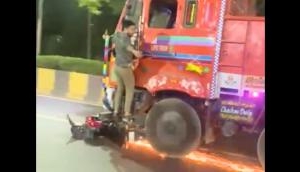
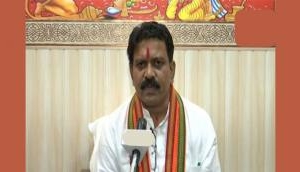
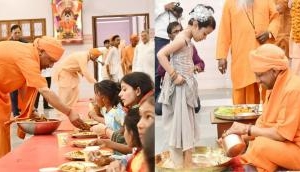
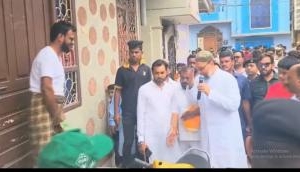
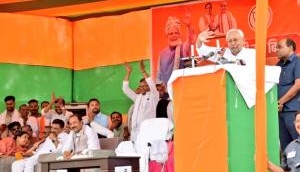
![BJP's Kapil Mishra recreates Shankar Mahadevan’s ‘Breathless’ song to highlight Delhi pollution [WATCH] BJP's Kapil Mishra recreates Shankar Mahadevan’s ‘Breathless’ song to highlight Delhi pollution [WATCH]](http://images.catchnews.com/upload/2022/11/03/kapil-mishra_240884_300x172.png)

![Anupam Kher shares pictures of his toned body on 67th birthday [MUST SEE] Anupam Kher shares pictures of his toned body on 67th birthday [MUST SEE]](http://images.catchnews.com/upload/2022/03/07/Anupam_kher_231145_300x172.jpg)


